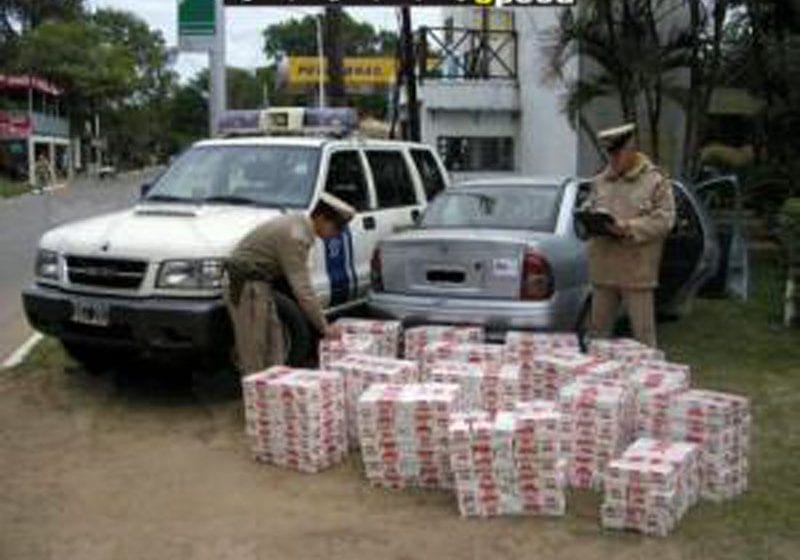The World Health Organization’s (WHO) Protocol to Eliminate Illicit Trade in Tobacco Products has come into force this week, after achieving the 40 ratifications required to take effect.
Described by the WHO as “game-changing,” the treaty aims to create an international tracking and tracing system to halt the smuggling and counterfeiting of tobacco products.
The protocol requires agents, suppliers and tobacco manufacturers to be licensed. Manufacturers will have to carry out checks on customers to ensure they are genuine and that they don’t have associations with criminal organizations.
Countries will also be obliged to establish “tracking and tracing” systems, at the national, regional and international levels, within five years.
Illicit trade accounts for about 10 percent of global cigarette sales, according to the WHO.
It is considered problematic because it makes tobacco products more affordable and accessible, thus increasing consumption. What’s more, because illicit products are unregulated they are often distributed without health warnings.
Illicit trade is estimated to cheat governments globally out of around $31 billion in tax revenues that they otherwise would have generated from legal tobacco sales each year.
Illicit trade pact enacted











